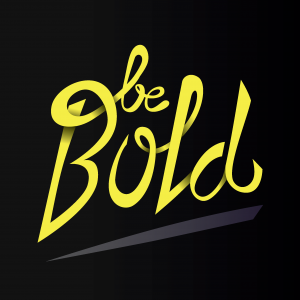We see in many places the word, default, to designate the manner, method or management of (fill in the blank). One can always revert to the default, if you get into a predicament such as changing (whatever) on your computer. It’s a kind of ‘get home free’ card. But does this work in relationships? Probably not. But this rarely stops us from trying to use it… does it. (not a question) But why? I have discovered that I tend to lose so much energy and time when I use a ‘default’ and then have to retrace my steps to apologize, recreate, explain, etc. why I did what I did.
This may not be an issue for you… or is it? You may never use a default behavior or words… or do you? Are you aware of your default behavior and words? Do you ever find yourself not only wondering why you used a default but how do you respond now? Defaults really are rarely ‘get outta jail’, they are lapses in our behaviors or words. Eventually they do catch up with you and you have to decide what you can do now.
Default. It was interesting when I looked up this word in Webster. The first definitions all begin with… “A failure…” Default – failure? In some contexts it is a failure to (fill in the blank). And it is the first definition. If wasn’t until I was down the list of definitions and descriptions that I found: “…of a computer: to automatically use a particular setting, option, etc. unless you choose a different one.” I suspect we all would prefer not using the ‘failure’ definition but is ‘automatically using a particular setting… unless you choose’ preferable? Doesn’t ‘automatically’ really mean non or unthinkingly? And when it comes to relationships or communication with other people – none of this should be the basis.
I know. We all do this at times. We shouldn’t. But it’s even worse if we aren’t aware that we do this… automatically. Our default should never be based on a negative. We need to be intentional in our words and behaviors – not obsessively, intentional. We all need to embrace the moment and be fully engaged in whatever we are doing and with whomever is with us. This is a much richer way to live. And if we slide into default, we should stop the moment we are aware and not continue in default mode but become interactive with our lives. If you prefer the eventual computerized definition of default… then choose to not default.






